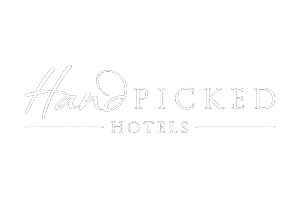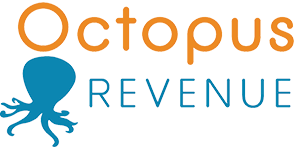
Advanced Customer Profiling and the Future of Personalisation
The importance of customer profiling
The previous blog looked the issue of customer profiling in the context of new rules on the handling of data, and how revenue managers should continue to gather data about customers in a responsible way that is necessary for legitimate business purposes.
This blog looks at more advanced strategies to use data to gain competitive advantages in optimising revenue management.
The meaning of customer profiling in this context is to go beyond the basic demographic approach of segmenting the customers into different groups, to use more sophisticated strategies to target customers as a unique individual and not a mere constituent of a larger cohort.
Key strategies for more sophisticated profiling involve: using web analytics to establish the products customers are interested in; email behaviour analysis to see how they interact with the brand; device analytics to show when and how they prefer to interact; social media interactions and analysis of how they discuss the brand, and who with.
All of the above can start to give a very detailed picture of the potential customers. The further challenge for hotels is to obtain much more first-party data from the customer and understand their path to purchase.
The purpose of customer profiling is to deliver on two fronts: more relevant targeting of appropriate customers to generate business; more personalised service to consolidate the business generated into repeat customers. As the practice becomes more sophisticated and widespread, it is important that revenue managers have the right strategies in place. Ultimately, revenue management is about managing demand and when customers have been correctly profiled they become predictable.
The reason that all industries are fighting to learn more about customers is because it works: people tend to be rational and self-interested and therefore, with the right information, it is possible for hotel revenue managers to establish who is likely to want to stay in a hotel, and what services they will want to use.
Profiling and Personalisation
When more is known about a customer, it is possible to personalise the service. Staff may ask if they want the usual room, if they want to book the restaurant again, or use the same facilities. Data may show that customers attend regular events and hotel managers may target customers at precise times, with specific packages.
With well-trained staff and appropriate data systems, the options for personalisation and making a client feel valued are limitless, with hotels able to know preferences, plans, favourite foods, books, even the name of a customer’s dog. Once a hotel manager understands the expectations of a customer, then they know how to try and exceed them.
Customers are increasingly judging the service that they receive against higher standards because they are usually using their disposable income, to do the things that will make them happy. This data-driven bespoke hotel experience is now universally used in luxury hotels, but will inevitably percolate into customer expectations more generally.
The future of personalisation
The future challenge for the hotel industry is to meet the demands of an ‘always on’ customer: where contact begins before the booking and continues after checkout. The future of personalisation in hotels will harness the capabilities of machine learning, and advanced AI. The first wave of AI involvement is already happening in hotel management, as well as many other industries, with the rise of the chatbot: artificial intelligence software designed to simulate conversation with a human user.
Chatbots are available 24/7 and can interact with users, learning preferences, responding to queries, allowing advanced customisation of food, drink and entertainment options and even talking to customers drawn by curiosity or loneliness. The power of the software is that it can integrate into other systems, processing multiple requests from multiple users, so increasing productivity. Put simply, it can virtually create staffing levels responding to customers’ needs in ways that could never be commercially viable using human interactions. What will hotels do with the information generated from these interactions, producing huge volumes of data? How will this information be translated into revenue management to predict customer behaviour?
The future beyond looks even more interesting, with some hotels even experimenting with robotic concierges. Most in operation currently serve as novelties, or to relieve staff of simple repetitive questions, such as restaurant opening times. Whilst the technology is still some way from full utilisation, the capacity to have a permanent, multi-lingual point of contact, able to work without a break, is likely to have broad appeal.
Of course, making a customer feel truly valued will involve human factors of humour, empathy and comfort. It is only in tandem that human and machine will deliver the ultimate personalised hotel experience.
If you would like more information about customer profiling and personalisation, then get in touch with us today.

















